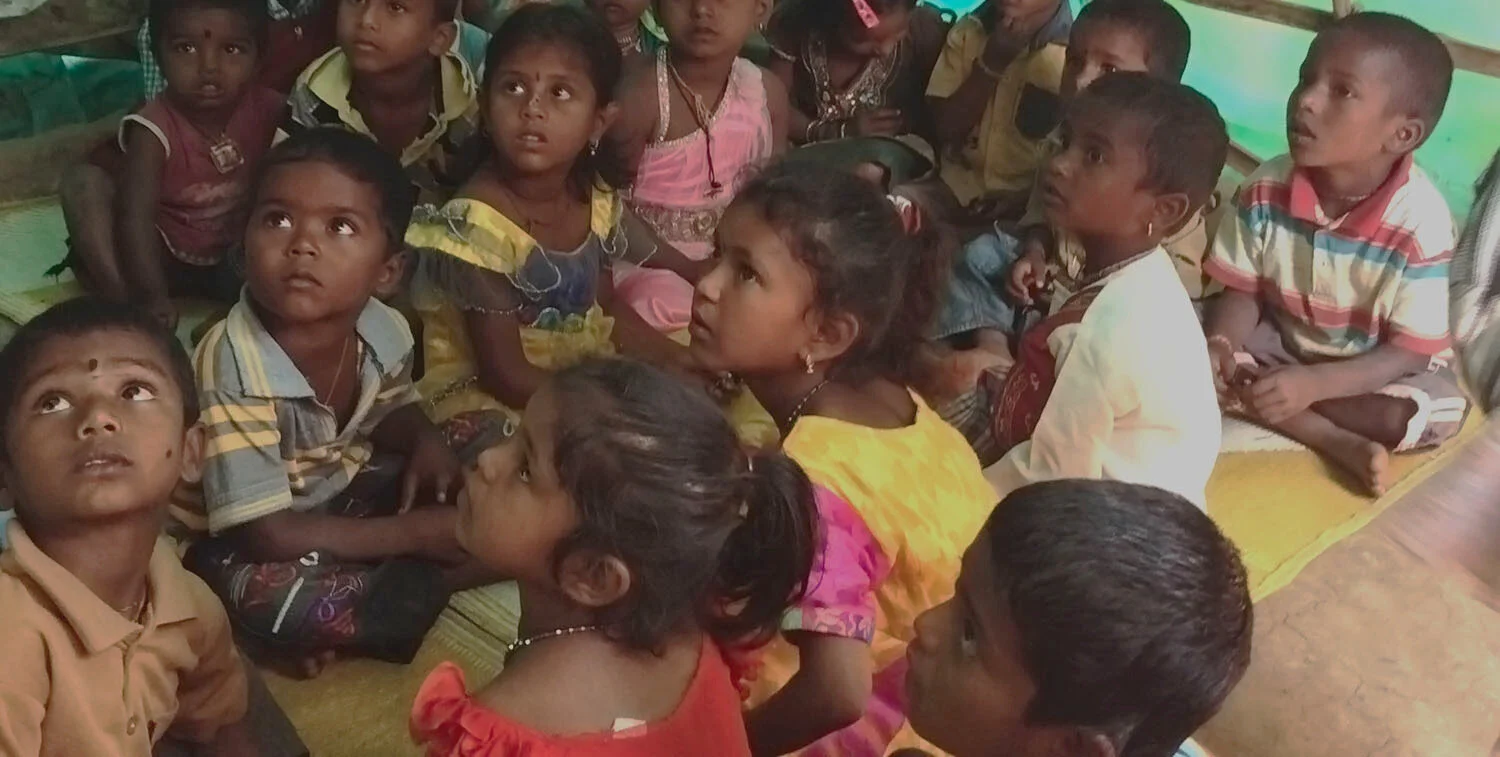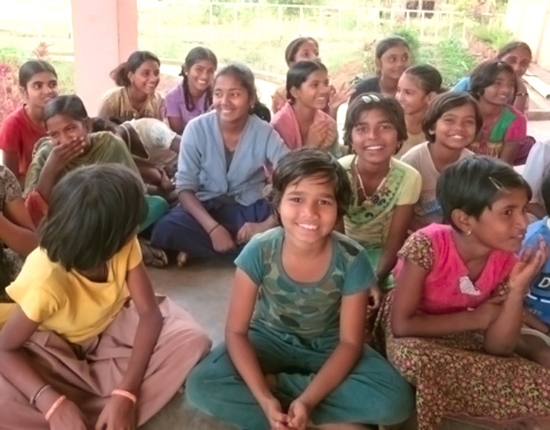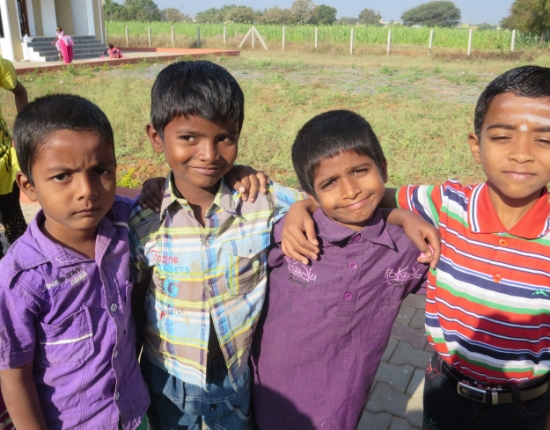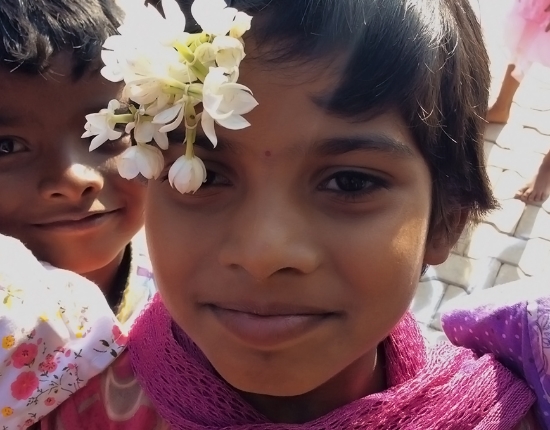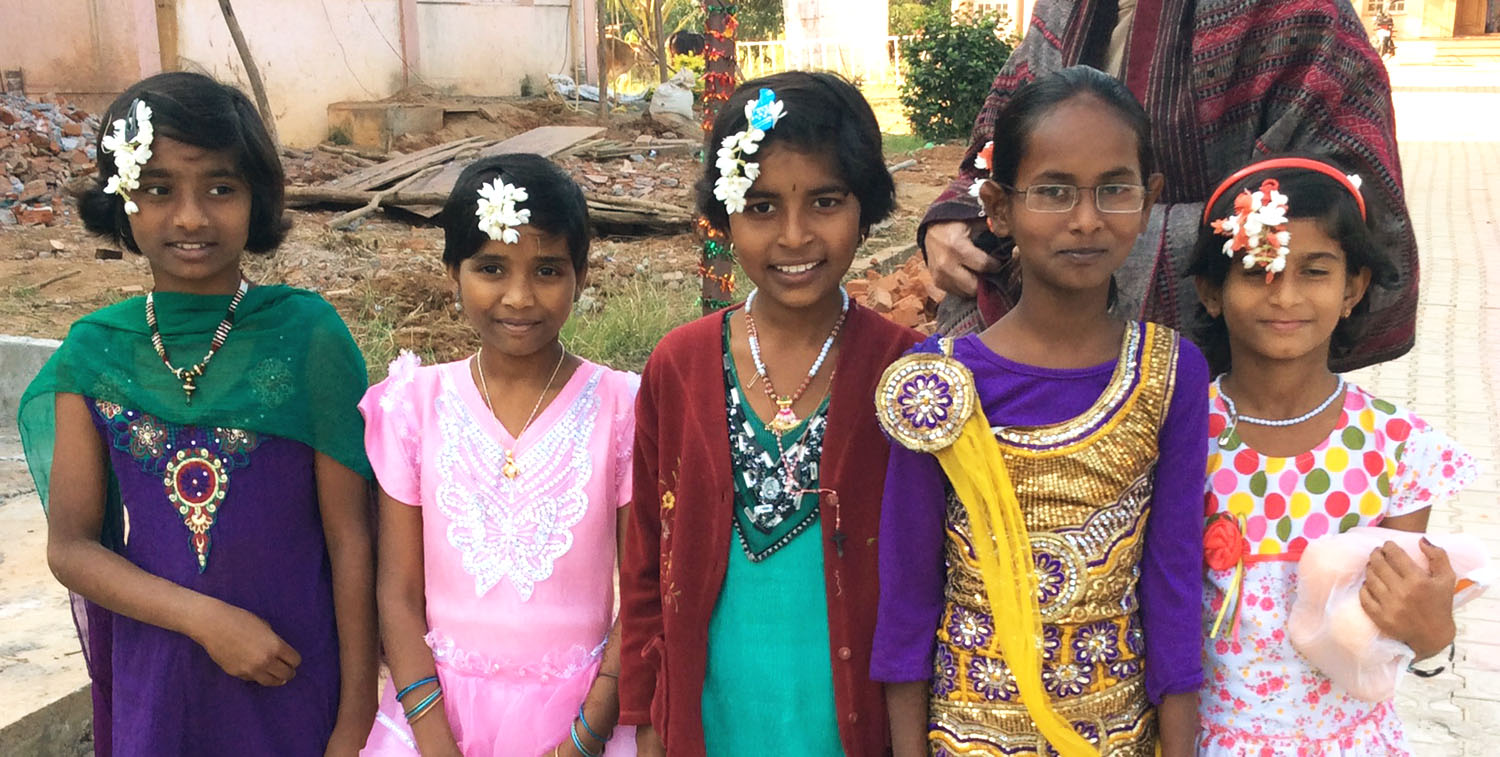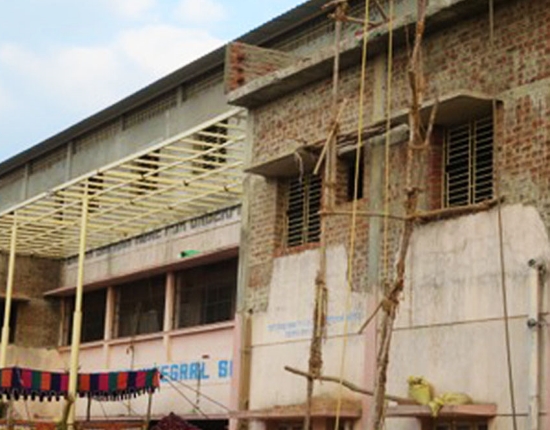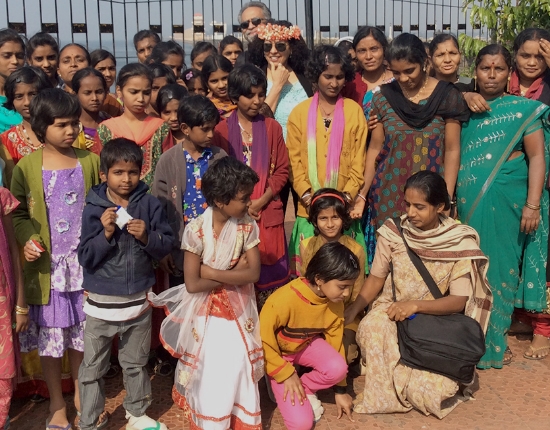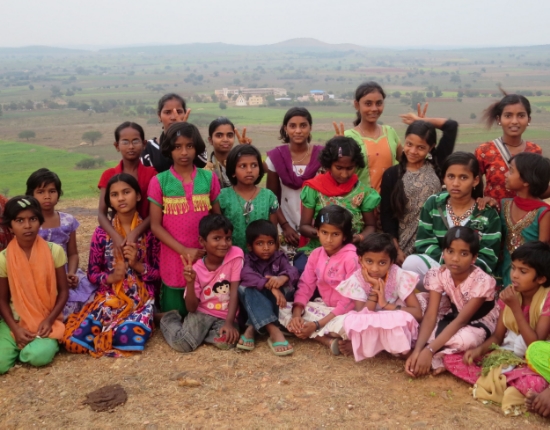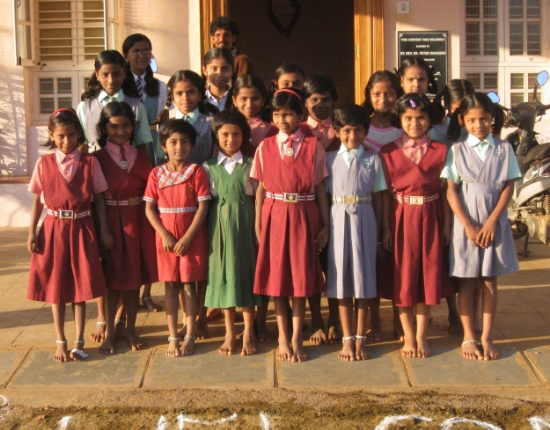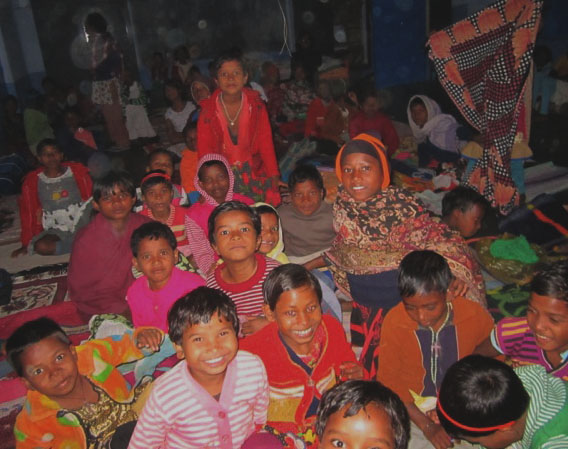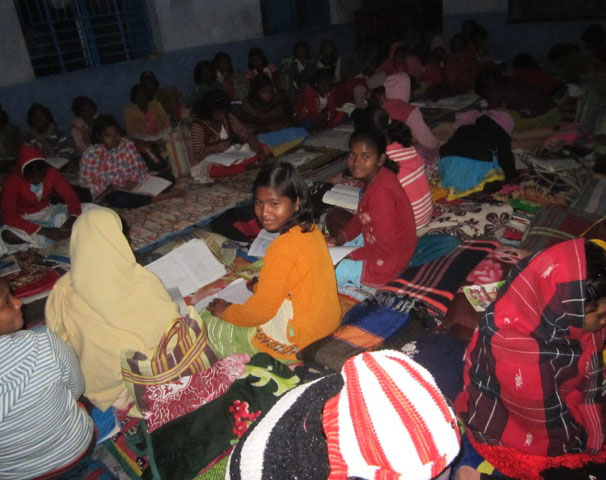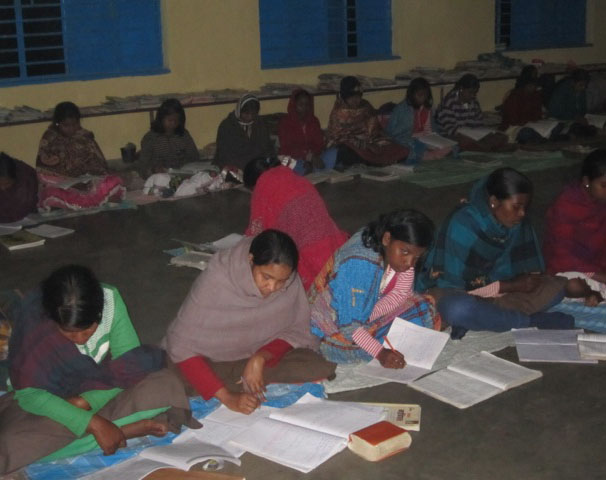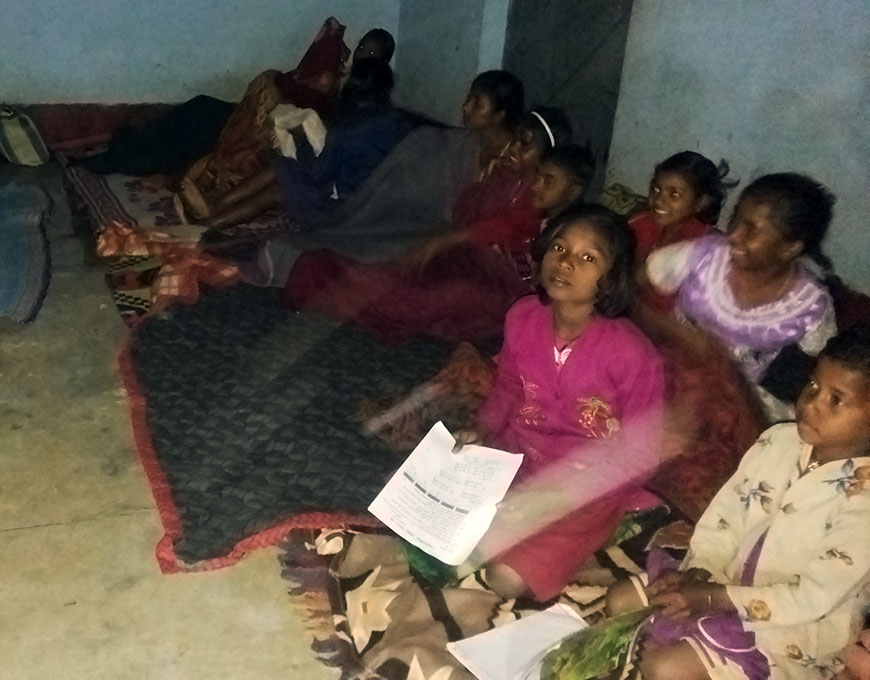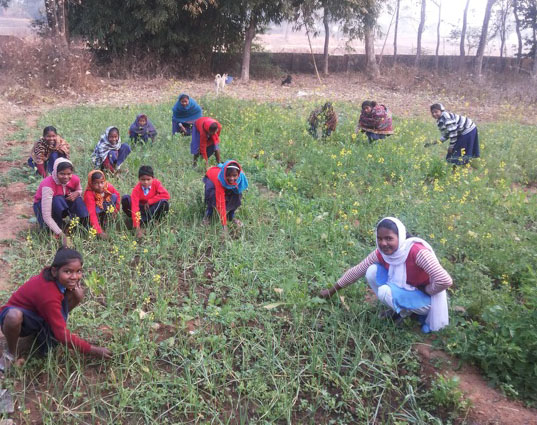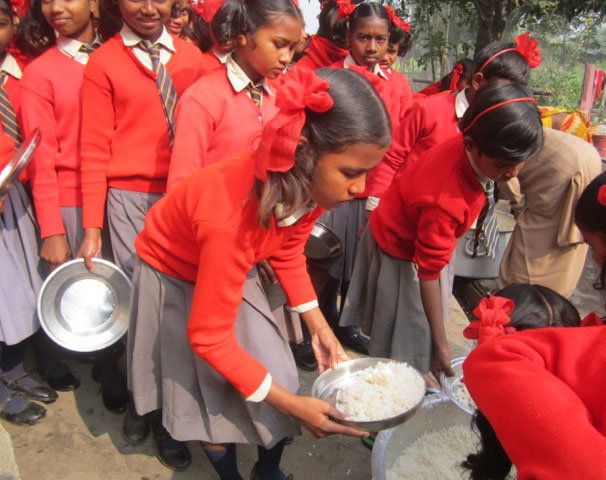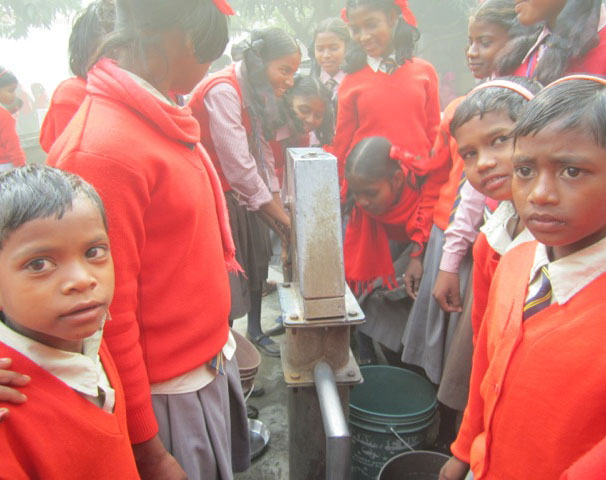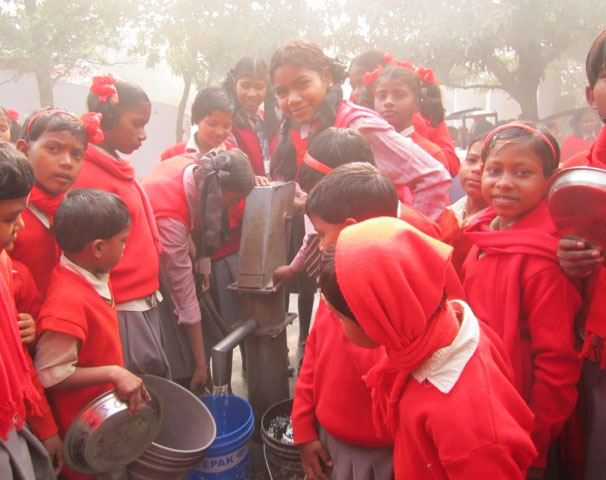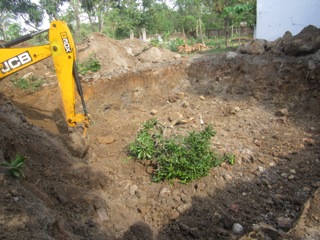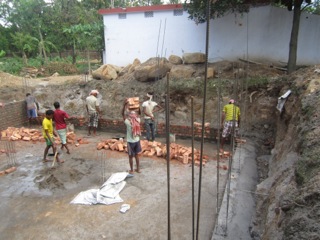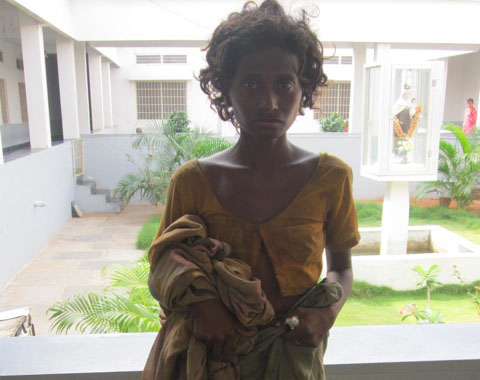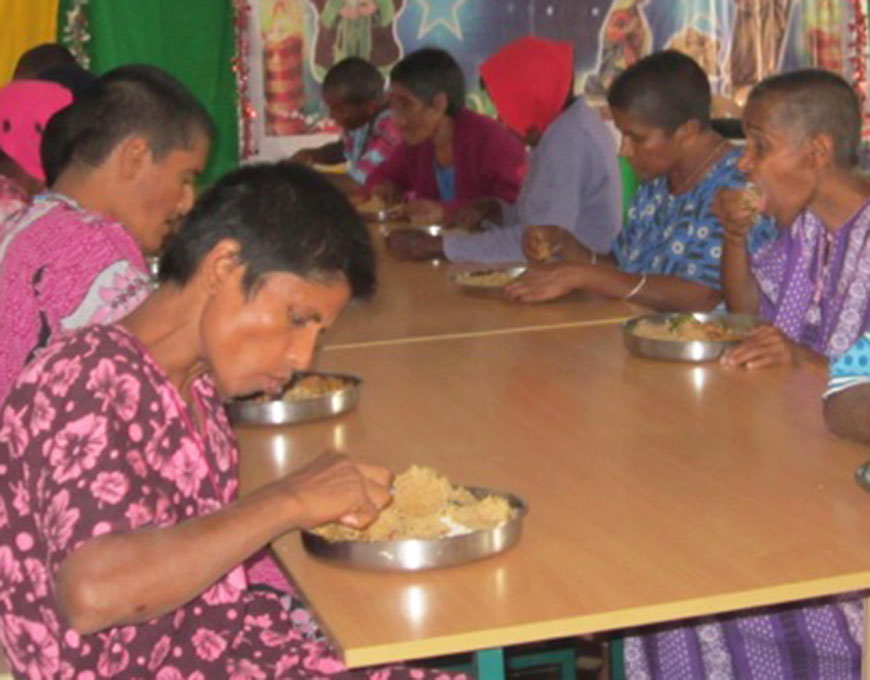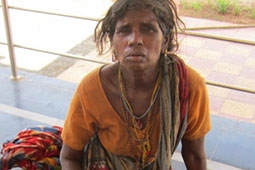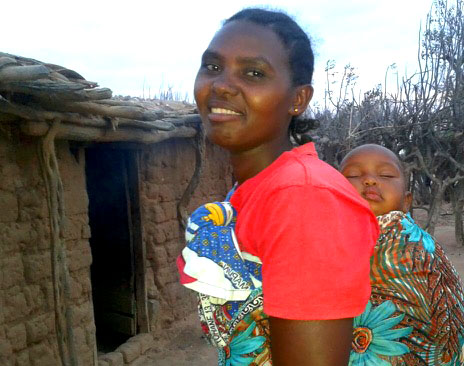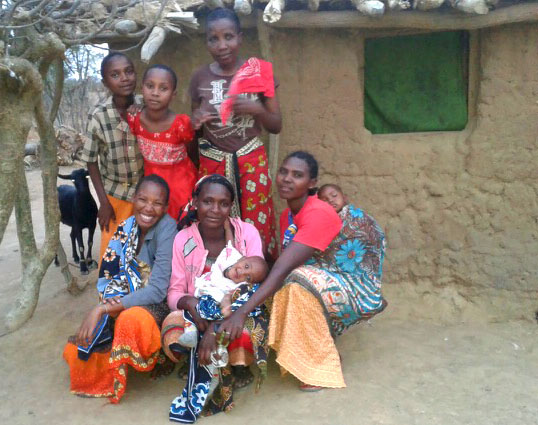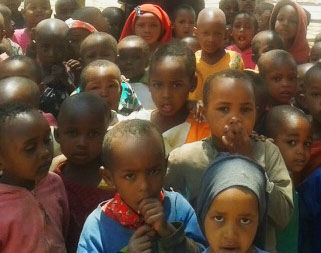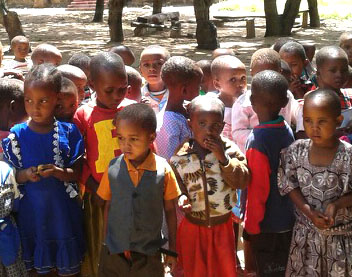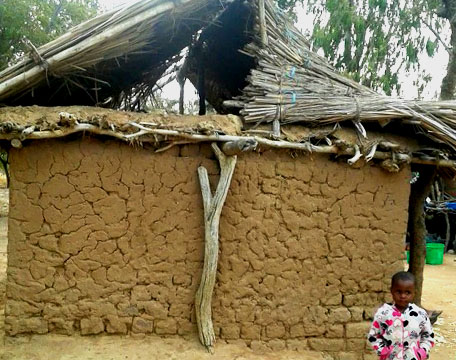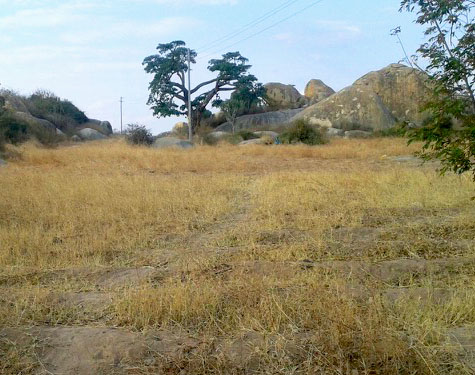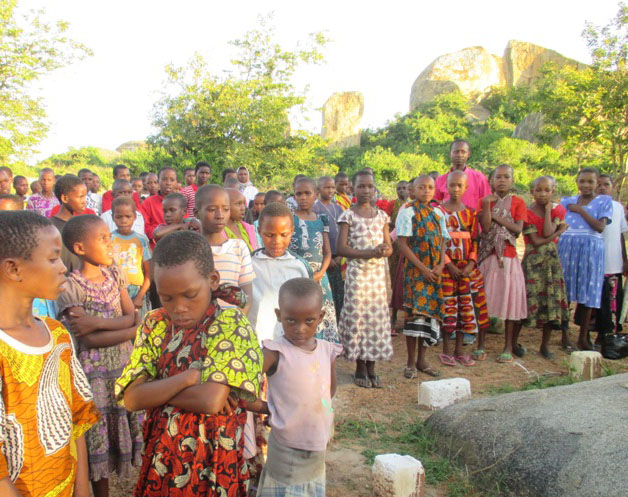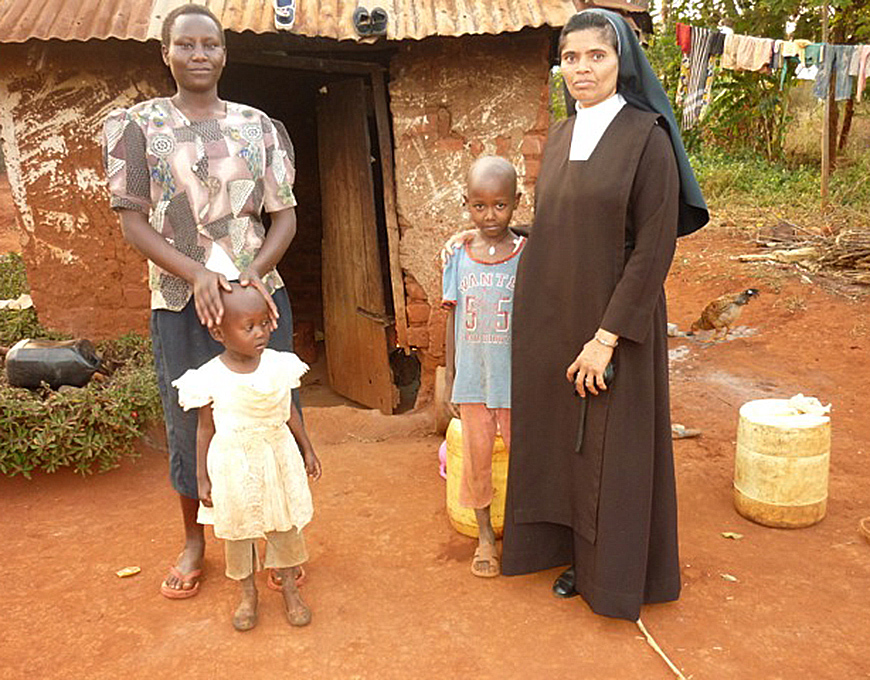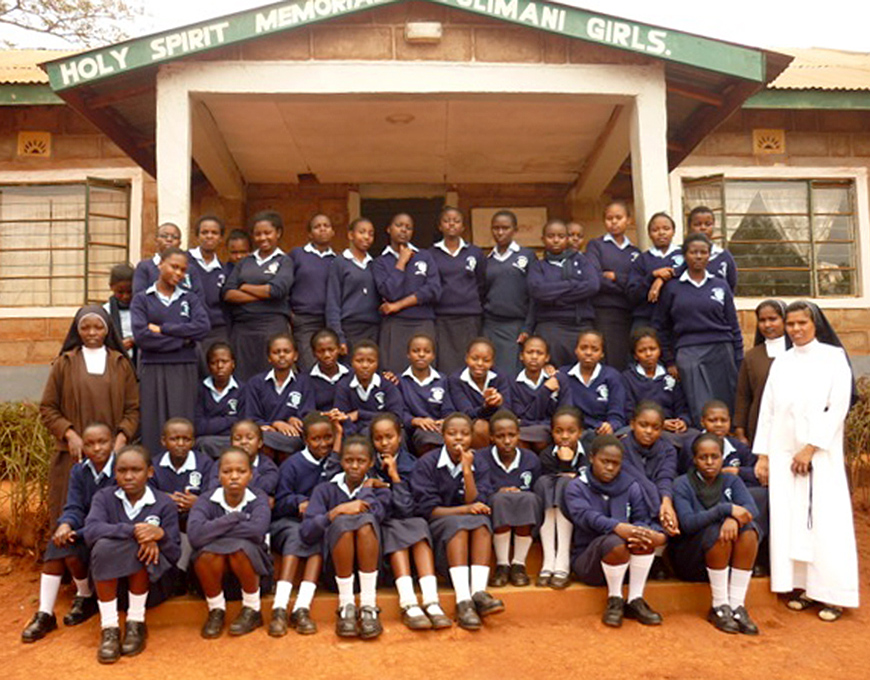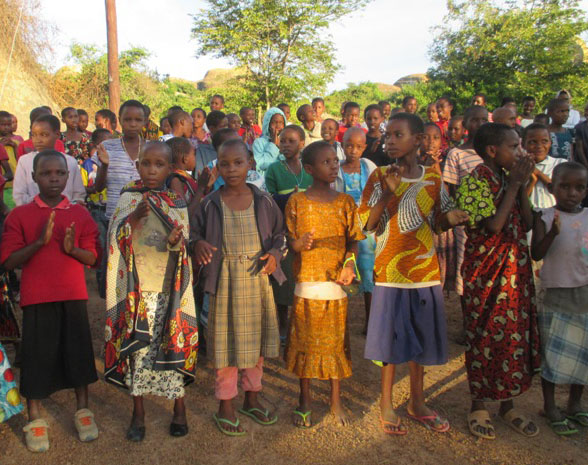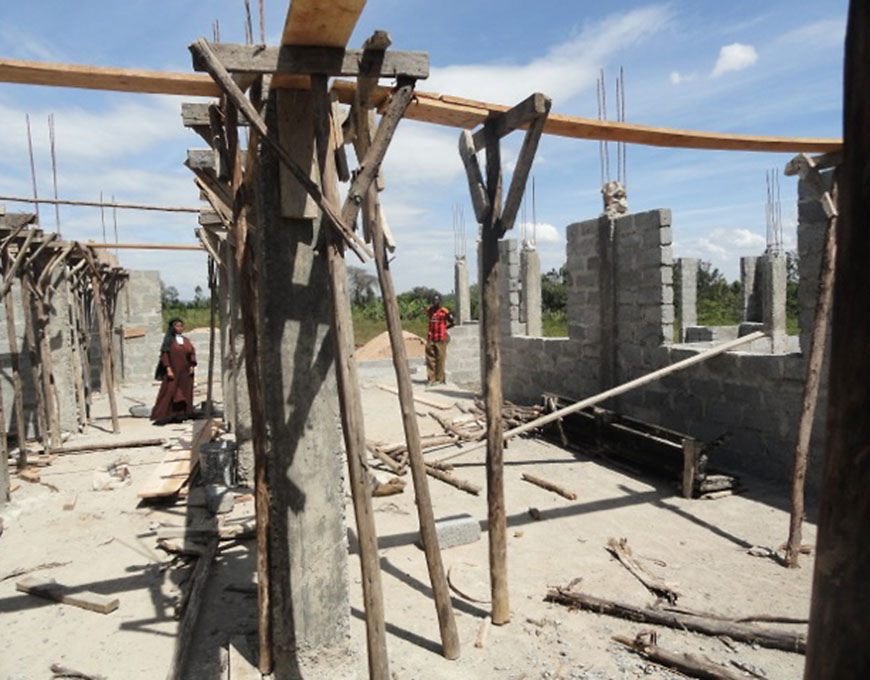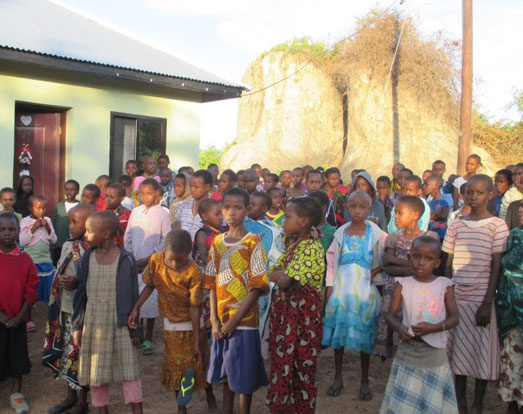Making life better … by investing in future generations …
to improve health and education … in the developing world.
GraceWorks is currently funding projects in India and Africa as well as partnering with foundations that do humanitarian work in Latin America and in indigenous and immigrant communities in the United States.
Current Projects
Renting a building to house and care for 25 children affected by HIV/AIDS, Sneha Sadana, Byadgi, Karnataka, India.
Building a wall to maintain the safety of staff and children at a facility in Krupalaya NGO Center, Vallupurum, Tamil Nadu, India.
Supporting the cultivation of pineapple crops to establish sustainability for the farmers and educational opportunity for their children in Nairobi, Kenya, Africa,
Constructing a kitchen, storage, and dining area at Teresa D’Lima English Medium School in Singida, Tanzania, Africa. Currently their cooking is done outdoors in a dusty area and the children are dining in their classroom, which disrupts their studies.
Where GraceWorks Dollars Help
The descriptions below highlight some areas where GraceWorks funding has made a difference. These projects are in alliance with the Carmelite Sisters of St. Teresa (CSST), an order of Catholic nuns in India who serve people in need. We will add descriptions here of our outreach in alliance with other organizations.
In this set of pictures you see children from the semi-urban areas and slums of Byadgi in Karnataka State, ranging from five to seventeen, many of them former child laborers and those who could not continue school. They are housed in Sneha Sadana Home for the Underprivileged Students founded and run by the Carmelite Sisters of St. Teresa (CSST), where they are guided through their overall development, including education and career planning. Sneha Sadana was started in 2005 and now has fifty children who are housed and fully supported throughout their elementary education. The Center for Integral and Social Action (CISA), which oversees the working of Sneha Sadana, gets some governmental help. With more financial assistance, it could reach many more children, lift them out of abject poverty and give them a brighter future.
Krupalaya Palliative Care Center in Villupuram, Tamil Nadu, India, takes care of the homeless, bonded and child laborers, and the destitute. Among its residents are poor children, including many with HIV/AIDS. The Center gets some aid from the government and is partially supported by local contributions. The facilities are still under construction and need an infusion of approximately $100,000 for completion.
Balwa in the Jamui District of Bihar is an underdeveloped area, lacking in roads, electricity, schools and hospitals. Malaria, typhoid and diarrhea are rampant in this region. The farmers depend solely on scanty rainfall for cultivation. The lack of electricity seriously limits productivity. CSST opened Carmel Balika Kalyan Sadan, a hostel for tribal girls, in 1993. The facilities are basic, without a dining room or study room. Financial support would help provide much needed amenities and also help with solar power initiatives.
Hathimara is situated in a remote village in Pakur district in Jharkhand State. The people of this area are mainly Santal Tribals—illiterate, poor, and constantly struggling to stay alive. The region is plagued with water scarcity. Without a reliable source of water for irrigation, crops suffer, and the people of the region face starvation. There is a growing awareness among the people that education is crucial to combat poverty. The few schools, government and private, are far from the villages. The Carmel Hostel houses girls to help with this problem. There are over four hundred residents now in a facility that badly needs improvement and expansion. A multi-purpose hall where students can study, dine and have recreation as well as an underground water tank to harvest water are urgent needs.
Jeevanalayam, Home for the Homeless, was founded in 2012 in Tadipatri, Andhra Pradesh. This refuge for destitute women now has 23 residents. With more funds, many more poor women can be housed, cared for and given hope and a sense of dignity.
Dung'unyi, located in a remote area of Singida, Tanzania, is semi-arid and poor. Maize and sweet potato are cultivated, with harvests dependent on rainfall. Removed from the mainstream, the only language spoken is the local dialect. The challenges presented by this region, especially the high cost of construction due to the distance from supply centers, have deterred volunteers from undertaking basic developmental projects. The CSST are venturing where few have shown the willingness to go. They have drawn a master plan for a school. Until resources are available they will start small. The immediate goal is to build a four-room structure for a nursery and a kindergarten.
Mount Carmel Girls’ School in Bungoma, Kenya caters to girls, both orphans and children of single parents who live in extended families. Polygamy is an accepted practice in this area, and HIV/AIDS is widely prevalent. Poor extended families cannot afford to give their children sufficient or nutritious food or to educate them. The CSST have set up a school and a boarding house for the girls. The site which needs 8 classrooms, 4 labs, 4 dormitories and furniture is in serious need of funds.

